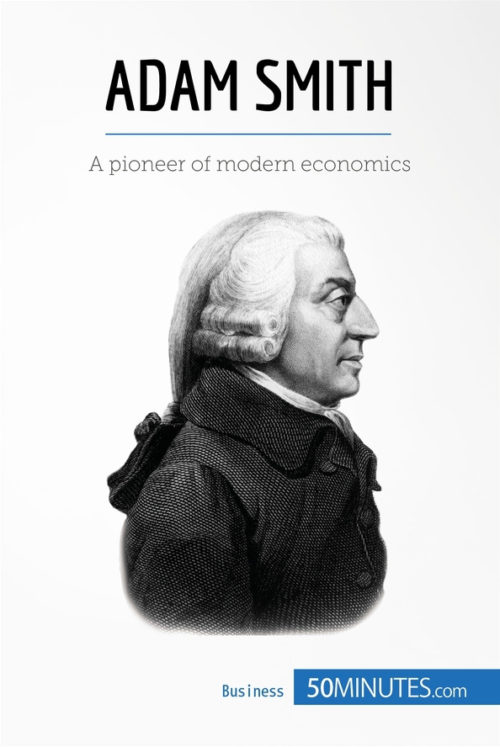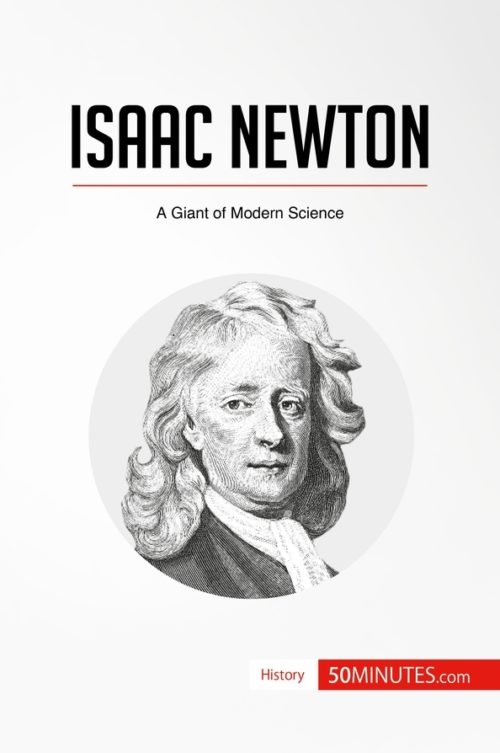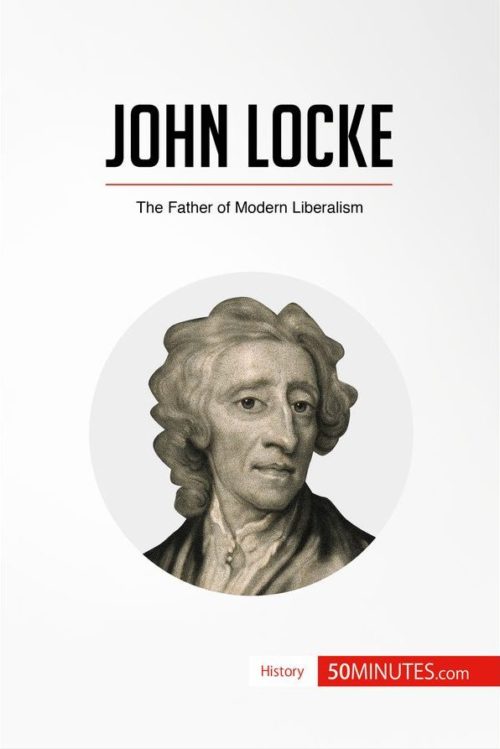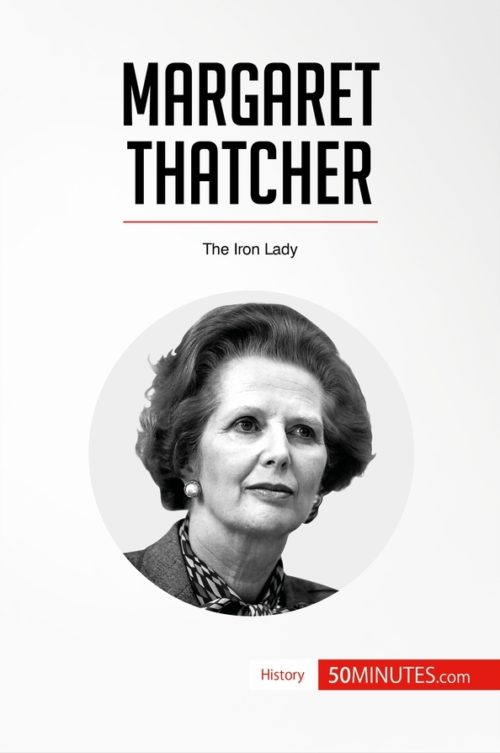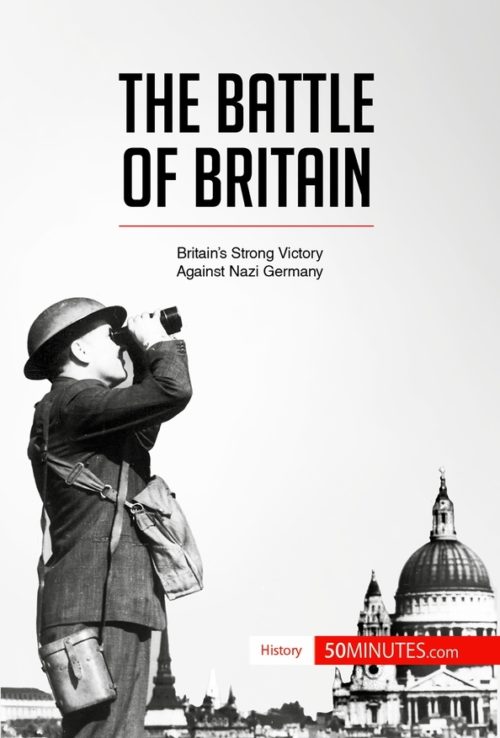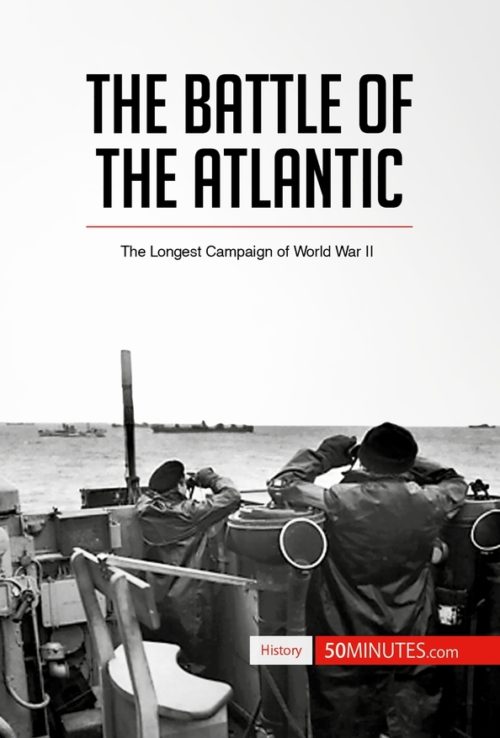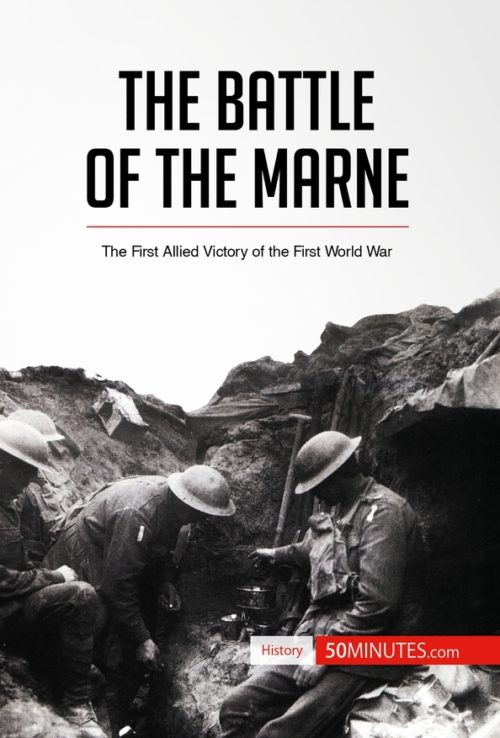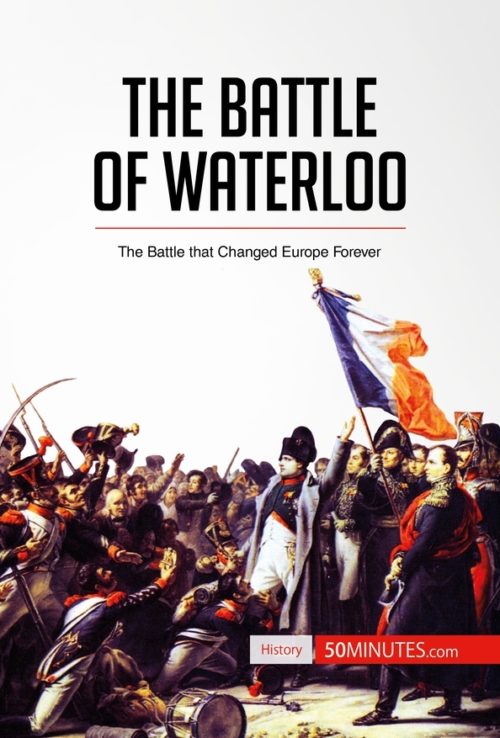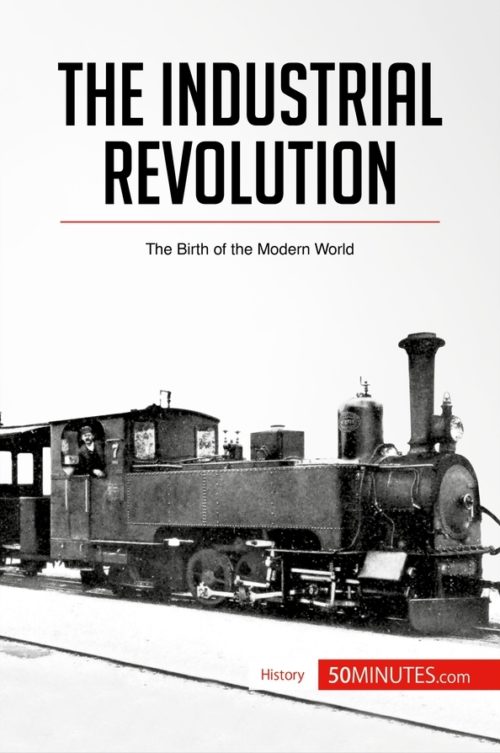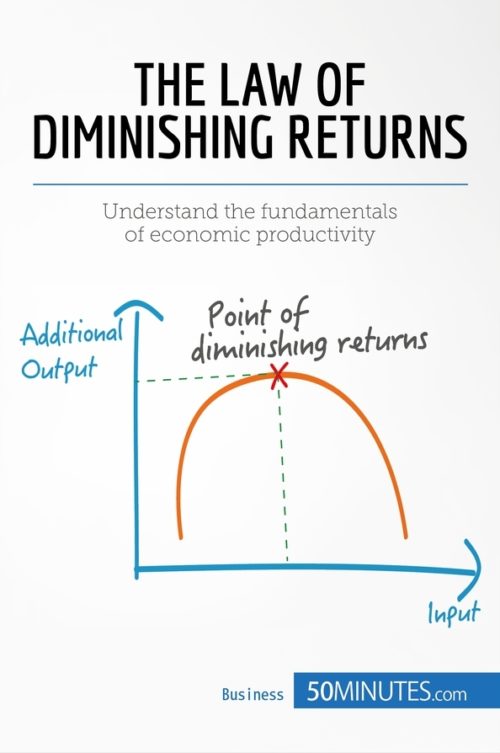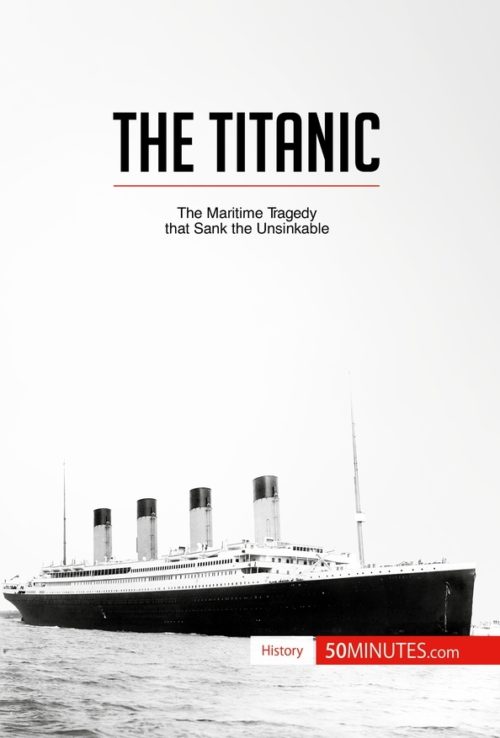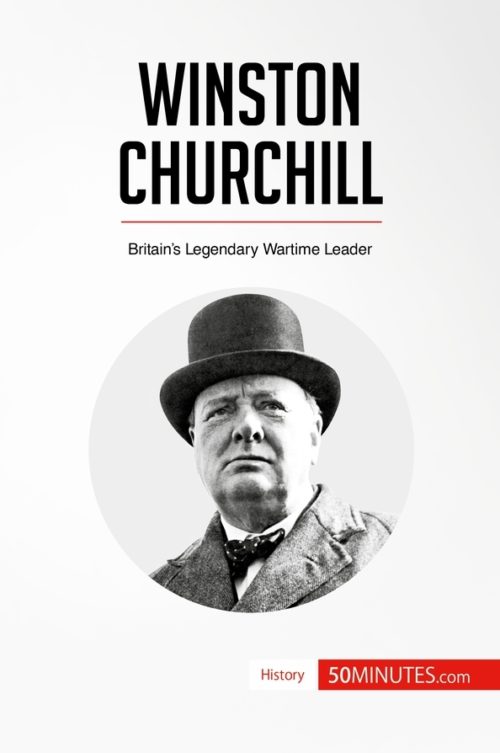Learn about the ideas of Adam Smith in just 50 minutes with this practical and concise book. Smith is widely considered to be the leading thinker of classical economics and is therefore regarded as the father of modern economics. His work has had a lasting impact on many economists who came after him and covers a wide range of topics, including...
Read more
-
Isaac Newton was an English mathematician, astronomer, and physicist who is widely recognized as one of the most influential scientists of all time. Known in particular for his laws of motion and theory of universal gravitation, Newton was a passionate scientist whose discoveries had an enormous impact on the world of science. In just 50 minutes, you will find out...
Read more -
John Locke was a philosopher and scientist who is considered to be one of the greatest 17th-century English thinkers. Known in particular for his reflections on political philosophy, Locke took an interest in a range of different areas, including empiricism, social contract theory and liberalism. In just 50 minutes, you will find out how his actions revolutionized philosophical thought during...
Read more -
Margaret Thatcher was the Prime Minister of the United Kingdom from 1979 to 1990 and Leader of the Conservative Party from 1975 to 1990. She was known in particular for being the longest serving British Prime Minister of the 20th century, not to mention for being the first woman to have ever held the office. It did not take long for...
Read more -
The Battle of Britain was the most colossal air combat in history, pitting the forces of Nazi Germany against Great Britain, which by that point stood alone in Europe, its allies having already been beaten down by Adolf Hitler's forces. The battle took place in the autumn of 1940, at an early stage in the Second World War. The stakes could not...
Read more -
The Battle of the Atlantic was the longest campaign of the Second World War, and mobilized extraordinary numbers of men and material on both the Allied and Axis sides. The battle was of major strategic significance: control of the seas would have allowed the Germans to bring Britain to its knees by preventing it from receiving supplies from the USA and its...
Read more -
The Battle of the Marne was one of the earliest battles in the First World War, and ended in a decisive victory for the Allies on the Western Front. Prior to this battle, German troops had been advancing relentlessly across Western Europe, sweeping through France and Belgium in spite of the latter's neutrality. This all changed with the counter-attack by British and...
Read more -
The decisive victory of the forces of the Seventh Coalition at the Battle of Waterloo in 1815 put a stop to Napoleon Bonaparte's military ambitions, marked the end of the Hundred Days and saw the French emperor exiled to the island of Saint Helena, where he died in 1821. The battle had major consequences across Europe: it marked a significant decline of French...
Read more -
The Industrial Revolution was a period of modernization which began in Great Britain before spreading to the rest of Europe. It was during this period that many countries in the Western world changed from being primarily agricultural to being more mechanized, thereby accelerating demographic growth and leading to unprecedented economic change. In just 50 minutes, you will find out how...
Read more -
Understand the essentials of the law of diminishing returns (also known as the law of variable proportions, principle of diminishing marginal productivity or diminishing marginal returns) in just 50 minutes with this practical and concise book. Developed by the influential British economist David Ricardo, this fundamental economic law demonstrates that, if the quantity of a given factor of production is increased, the marginal...
Read more -
The sinking of the Titanic during its maiden voyage on 14 April 1912 was one of the greatest maritime tragedies in history and sent shockwaves around the world, as the ship was previously believed to be unsinkable. In many ways a symbol of the optimism, boundless confidence and technological progress of the Belle Époque, this luxury liner welcomed over 2000 people from all...
Read more -
Winston Churchill was the British Prime Minster during the Second World War. Known in particular for his role in the Allied victory over Nazi Germany, Churchill was a respected politician who is considered to be one of the greatest British leaders of the 20th century. However, a lesser-known fact is that Churchill was also a historian and a writer, and...
Read more
